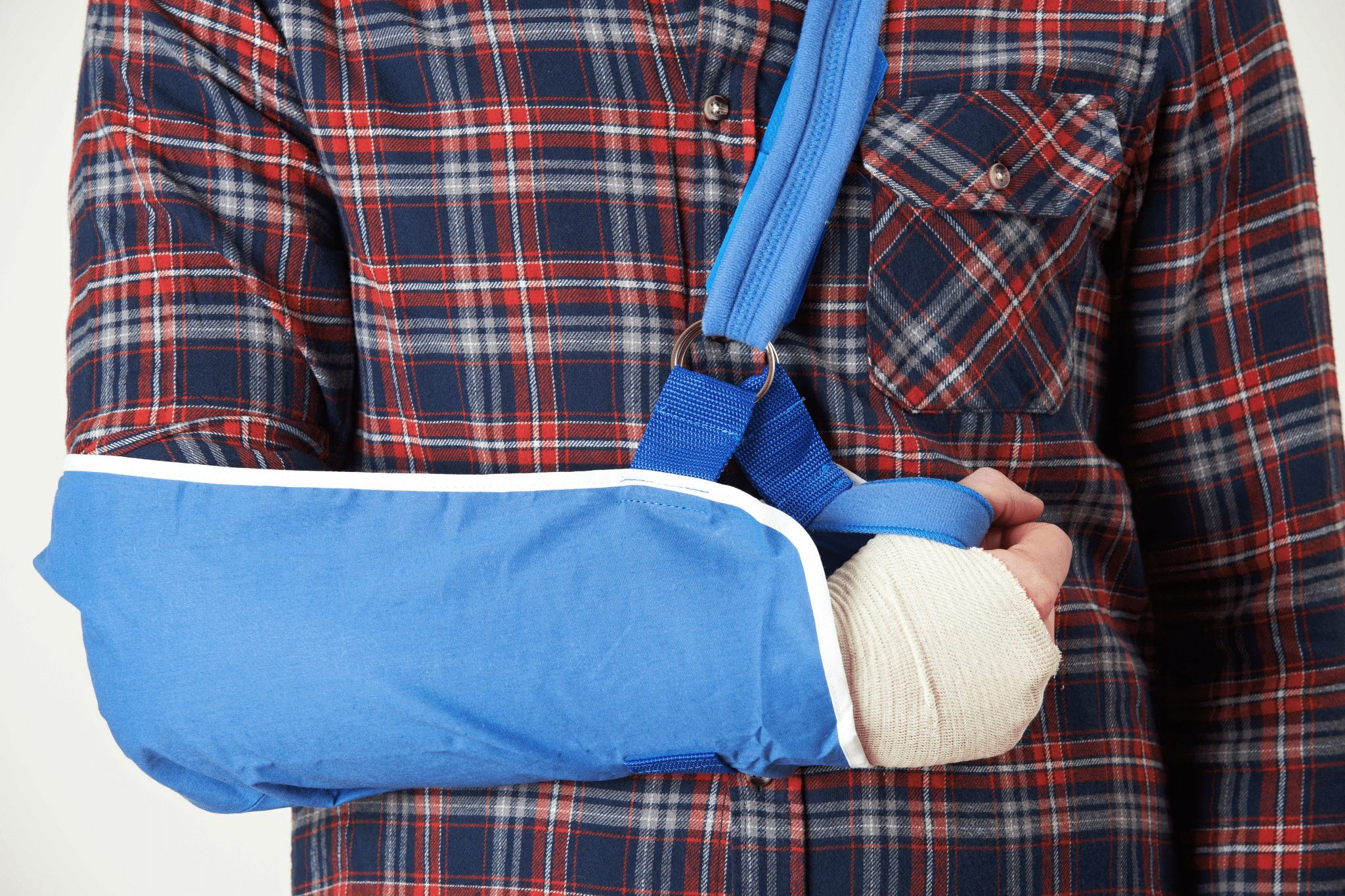Sportsman Trauma Care

Sportsman Trauma Care
Iowa is blessed with multiple opportunities to employ shooting sports for enjoyment, hunting, and competition. Unfortunately, weapons capable of harvesting game are also capable of life-threatening injury to sportsmen and their companions. We are blessed that gang-related gunshot wounds are rare, so most wounds we refer to medically as “penetrating trauma” are accidental. Additionally, reaching the site of game hunting can also present opportunities for serious injury.
One of the leading causes of serious injury or death while game hunting is falls from tree-stands. A fall of as little as 15 feet can cause femur fractures or severe head injuries. Always have three points of contact with your ladder or stand and always wear a harness securely attached to the tree. The DNR has a webpage devoted to this issue, and I encourage you to review it. https://www.iowadnr.gov/hunting/hunter-education/bow-hunter-education/tree-stand-safety
Another situation with the potential for severe injury is accidental discharge of a firearm while crossing a fence or gate. That loaded shotgun or rifle leaned against a fence post is a fatal injury waiting to happen. We all are anxious to quickly and quietly reach our hunting location, but the few moments involved in unloading and loading or buddy care of our weapon while crossing could save a lifetime of regret. Additionally, always know the location of your hunting partners and establish fields of fire before reaching your site. https://www.iowadnr.gov/About-DNR/DNR-News-Releases/ArticleID/1589/Think-safety-before-opening-day
Every hunter or party should have a First Aid Kit that is appropriate for penetrating trauma. Band-Aids and Tylenol can stay in the truck, but serious wounds can cause life threatening loss of blood in minutes, so additional equipment is essential. The newest Acronym associated with penetrating wounds, bullets or broadhead, is MARCH:
M=Massive Hemorrhage
You or your buddy can bleed to death in as little as 3 minutes, so the availability and correct use of a trauma tourniquet is highest priority. Commercially produced tourniquets have been proven to be quicker and far more effective than trying to use a makeshift belt or strap once an injury has occurred.
A=Airway
Loss of consciousness from a blow or fall, or shock, can cause the person to be unable to keep their tongue out of the way. Simple maneuvers to tilt the head back or thrust the jaw out of the way can address this problem, but the first aid kit should have a nasal airway that can be inserted through a nostril to the back of the tongue to provide an airway while you attend to other injuries.
R=Respirations
A penetrating wound to the chest can produce a “sucking chest wound” which you can often hear as well as see. After exposing your injured buddy’s chest, cover any wound that has air going in and out with either a plastic sheet and duct tape or a proprietary chest seal. Have one of these devices in your First Aid Kit.
C=Circulation
While you cannot do blood transfusions in the field, you can prevent internal bleeding by straightening crooked extremities. A broken upper leg can lose 2-3 units of blood within the thigh even with no visible external bleeding. You can also pack gauze into a wound that is bleeding and hold pressure on the dressing to slow or stop that site of blood loss.
H=Hypothermia
During the spring and fall hunting seasons temperatures can be just above freezing, with drizzle or rain adding to the risk of heat loss. Your injured colleague can develop a dangerously low body temperature within minutes. Keep them covered as much as possible while awaiting help or moving them to the nearest road to meet a rescue service.
I highly recommend hunters attend a class or course that trains them on the treatment of these priorities and the use of simple medical devices that can save a life in the field after an injury. My Gunshop, Rangemasters Training Center in Clive, offers Trauma Training Classes on a regular basis or by appointment. The American College of Surgeons sponsors “Stop the Bleed” classes that teach control of serious bleeding. https://www.stopthebleed.org/training/#public
Stay safe out there!
by David G. Stilley, MD, FACEP
September 2023

